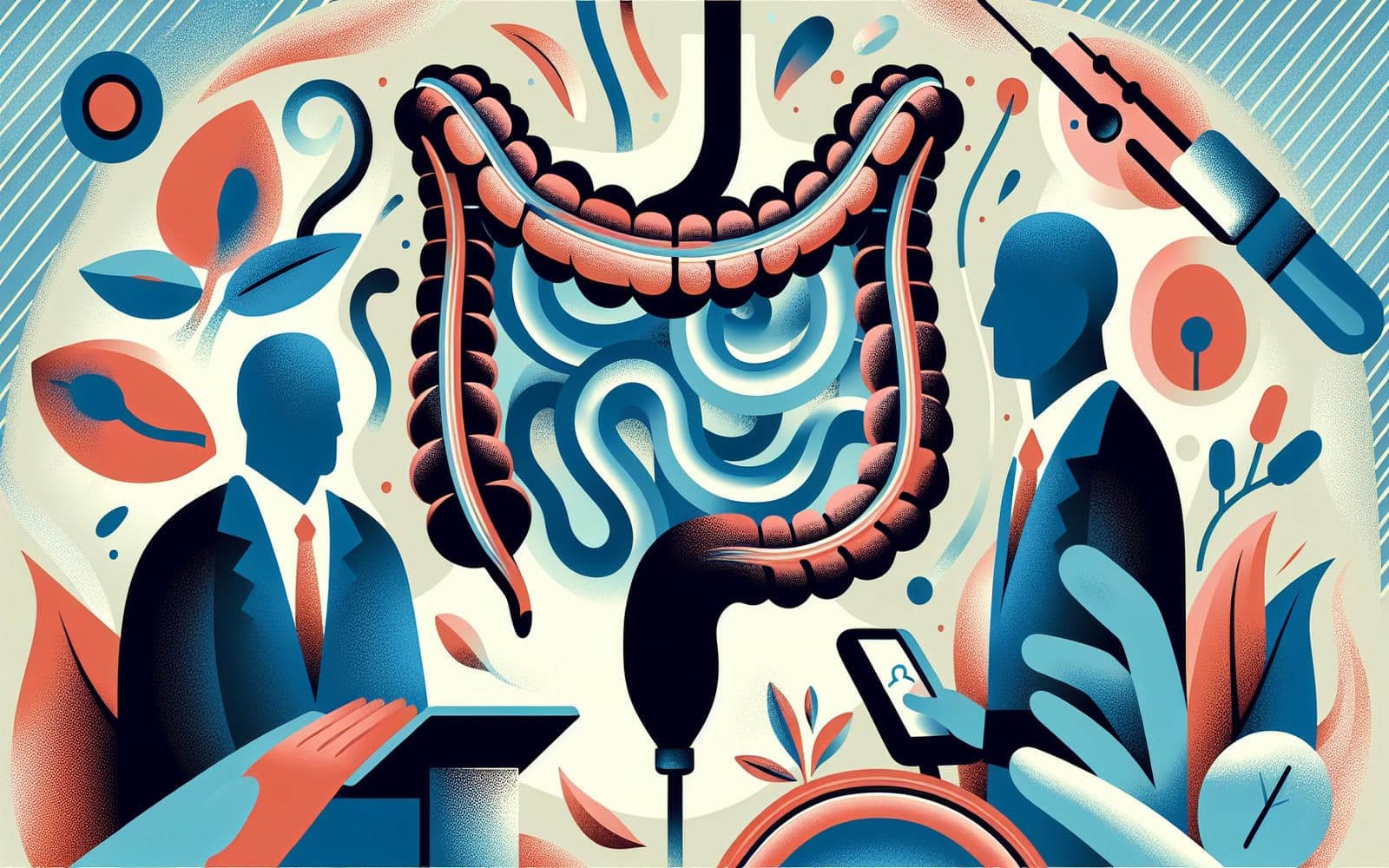Colonoscopy After Diverticulitis: Why It's More Than Just a Routine Check
Published: Oct 07, 2023
If you've had diverticulitis, your doctor might recommend a colonoscopy. This isn't just a routine check - it's a crucial step in your care that can provide important insights about your condition.
Contents
Why is a Colonoscopy Recommended?
After recovering from diverticulitis, a colonoscopy is typically recommended to examine your colon more closely. This procedure allows doctors to assess the extent of diverticular disease and, importantly, to rule out other conditions like colon cancer. It's usually done about 6-8 weeks after your symptoms have resolved.
What Happens During a Colonoscopy?
During a colonoscopy, a long, flexible tube with a tiny camera is inserted into your rectum to examine your entire colon. You'll be sedated for comfort. The doctor can see the inside of your colon on a screen, looking for diverticula (the small pouches), signs of inflammation, and any other abnormalities. If necessary, they can take small tissue samples (biopsies) for further testing.

What Can the Results Tell You?
The colonoscopy can provide valuable information about your condition. It can show how extensive your diverticular disease is and whether there are any complications like narrowing of the colon. Importantly, it can also detect other conditions that might have similar symptoms to diverticulitis, such as inflammatory bowel disease or, in rare cases, colon cancer.
Frequently Asked Questions
No, you'll be sedated and shouldn't feel pain during the procedure.
The procedure itself usually takes about 30-60 minutes.
You'll need to clean out your colon, usually with special laxatives.
While generally safe, there are small risks like bleeding or perforation.
Key Takeaways
A colonoscopy after diverticulitis is an important tool that can provide crucial information about your digestive health and guide your future care.
Concerned about your upcoming colonoscopy? Chat with Doctronic to learn more about what to expect and how to prepare.Related Articles
References
Sharma PV, Eglinton T, Hider P, Frizelle F. Systematic review and meta-analysis of the role of routine colonic evaluation after radiologically confirmed acute diverticulitis. Ann Surg 2014; 259:263.
Rottier SJ, van Dijk ST, van Geloven AAW, et al. Meta-analysis of the role of colonoscopy after an episode of left-sided acute diverticulitis. Br J Surg 2019; 106:988.
Always discuss health information with your healthcare provider.

